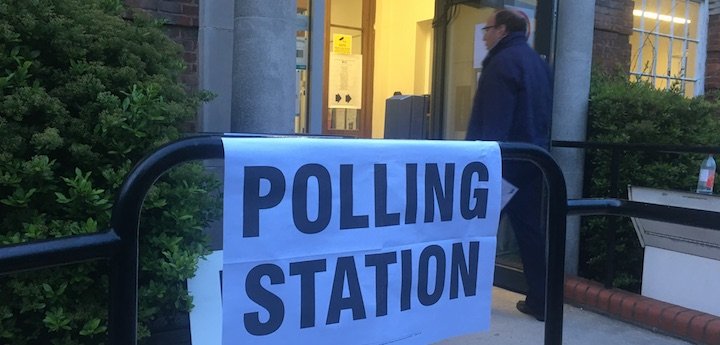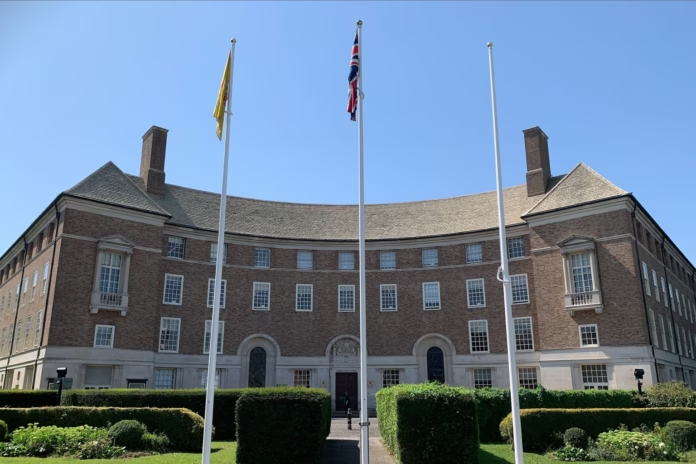
Despite all the hype, the major political parties were satisfied with elections that did little to change the status quo. It also means little likelihood of policy change, writes Richard Harbord.
The question is what sort of effect do local elections have on policy and the direction of local authorities.
The elections held last week were remarkable for being, well, quite unremarkable. Despite all the hype and headlines the shock waves were, in reality, just not there.
The three major parties all claimed the outcome of the elections was thoroughly satisfactory. Though, clearly, it would have been stretching it a bit for UKIP to make such a claim.
That brings to mind how strange it seems now to look back to only a few years ago when UKIP were seen as a real force in local government. Aside from their national losses, their lack of experience in local politics showed through and the difficulty of establishing sustainable politics on the minutiae of local life is, in fact, a tall order and one they just didn’t have time to develop.
For the major parties though, it’s easy to see why they would find acceptable a result that, despite everything that’s happened in the nationally, broadly concludes with a status quo.
Hype
Before election day the hype was all a little unlikely. It was unlikely that the Conservatives would lose Westminster and Wandsworth. Kensington and Chelsea was difficult to read, in view of the difficulties they have had after the Grenfell fire, but it was not a major surprise that it ended the way it did with the Conservatives retaining power.
Barnet, I believe, was a genuinely interesting case study. Labour had a good chance here but the final result — the Conservatives taking overall control of the council — had nothing to do with the competence, or capabilities, of councillors.
The only party who is really entitled to feel they have done well are the Liberal Democrats.
But again, it was a return to where they had been before rather than a major national advance.
Their achievement in Hull, however, was clearly significant for the party. The regaining of Richmond Upon Thames and Kingston Upon Thames by significant majorities was solid progress; the retention of Sutton, which was expected to be taken by the Conservatives, a relief.
Shift
The question is: do the results signal any sort of major shift? I think not.
What is interesting, and shows the perils of combining authorities, is what will happen know in South West London. Will Lib Dem-controlled Richmond still be happy to work closely, and jointly, with Conservative Wandsworth when it might seem so much more appealing, and logical, to form a Liberal Democrat block? It will be interesting to see what happens.
I have always been slightly surprised that parties like the Greens do not do better in local elections. It was intriguing that four Green councillors were elected in Richmond and that the Lib Dems left them unopposed and still did no harm to the party’s majority.
In the end there were very few councils that changed hands — not enough to alter anything nationally — and therefore, despite issues for Richmond and Wandsworth, few councils where policy choices may come under renewed scrutiny.
That said, there are currently few genuine policy options available given the impoverished financial position and the limited availability of obvious extra savings for medium-term financial strategies.
There was a time when a change of political power would swiftly bring reviews of policy and even changes in the officers implementing them. Simply put, we are now in a straitjacket of limited finance and limited options.
Of course, the pundits have extrapolated these results as an outcome for the next general election: a hung parliament with, possibly, the Lib Dems holding the balance of power. However, I think that there are many issues which will play in national politics prior to the next election and such forecasts are not to be relied upon.
So, for some, a very satisfactory set of election results that alters virtually nothing.
Richard Harbord is a former chief executive of Boston Borough Council.













